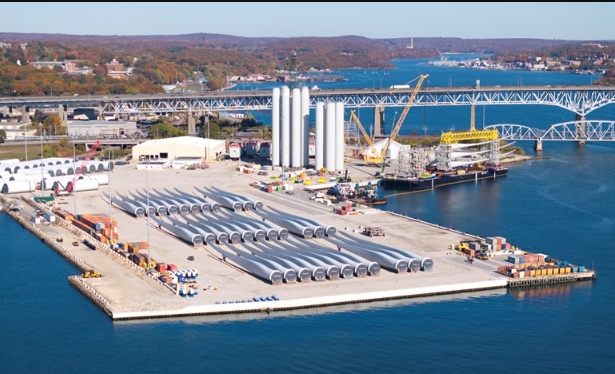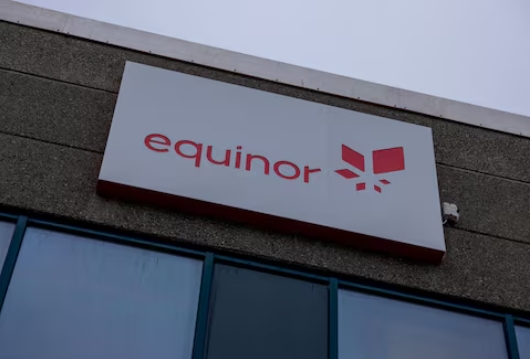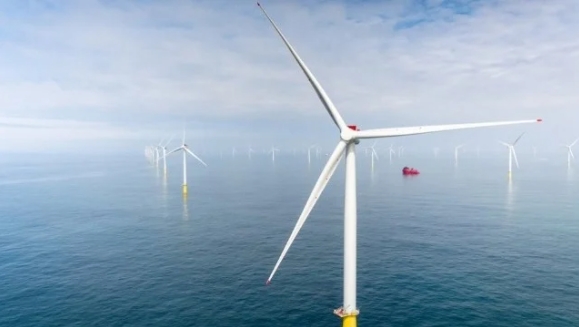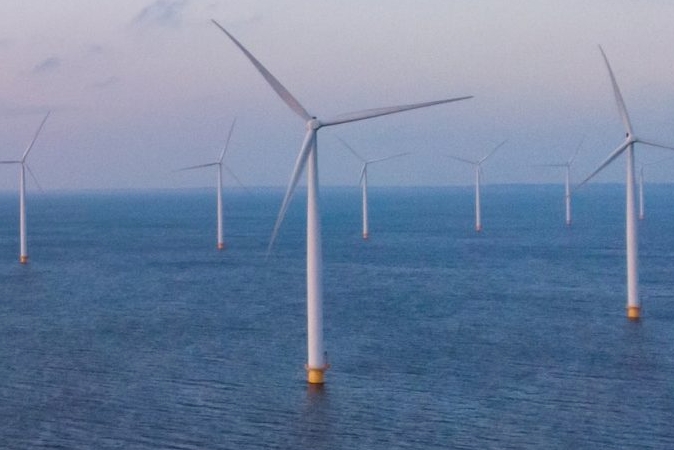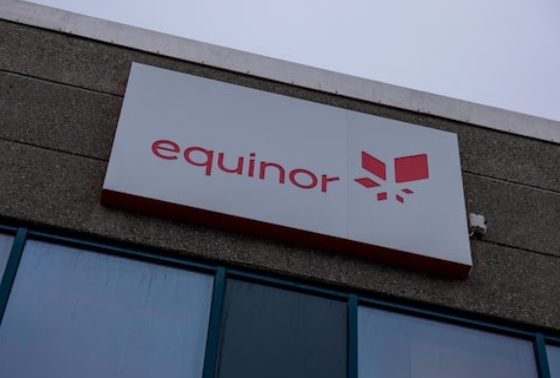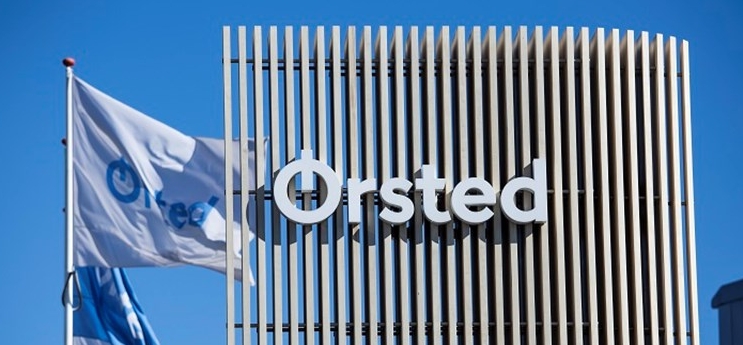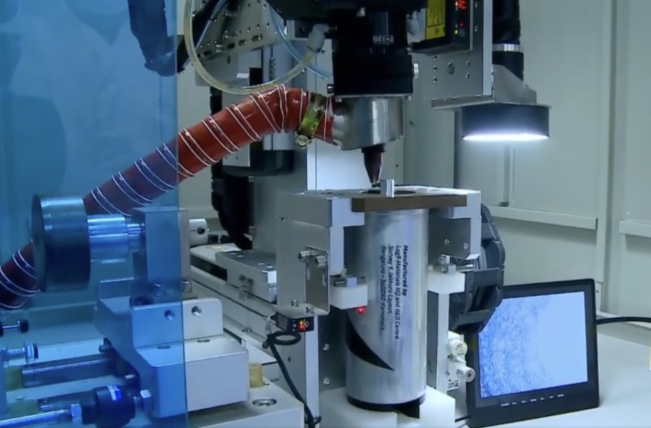
Vijay Mittal, joint secretary of the Indian Ministry of Heavy Industries, said at the 4th India Battery Manufacturing & Supply Chain Summit in New Delhi that the government is drafting a concept note to align policymakers on schemes to support advanced-chemistry battery cell component manufacturing.
The measures will focus on financial systems, regulatory policies, and improving ease of business, he said.
India already assembles battery packs, and battery cell manufacturing has advanced significantly with the launch of the production-linked incentive (PLI) scheme for advanced chemistry cells.
Three companies have signed PLI agreements to create 40 GWh of manufacturing capacity, with plans underway to auction an additional 10 GWh aimed at stationary storage technologies.
This push for domestic cell production is expected to drive the local manufacturing of components such as cathodes, anodes, separators, electrolytes, and cell packaging, paving the way for fully integrated battery production in the country.
“If we do not achieve a domestic value addition (DVA) of over 50%, it does not genuinely align with the essence of Make in India. Any manufacturer producing goods in this country – be it advanced-chemistry cell (ACC) batteries or any other product – that possesses over 50% DVA is recognized as a Class 1 supplier and a genuine contributor to our requirements,” said Mittal.
Mittal also noted the importance of recycling to reduce dependence on imports for critical raw materials.
“Since we may not have sufficient lithium resources, ensuring that lithium remains in the country through recycling and is reused in batteries could be a significant breakthrough for our self-reliance in cell manufacturing,” added Mittal.
